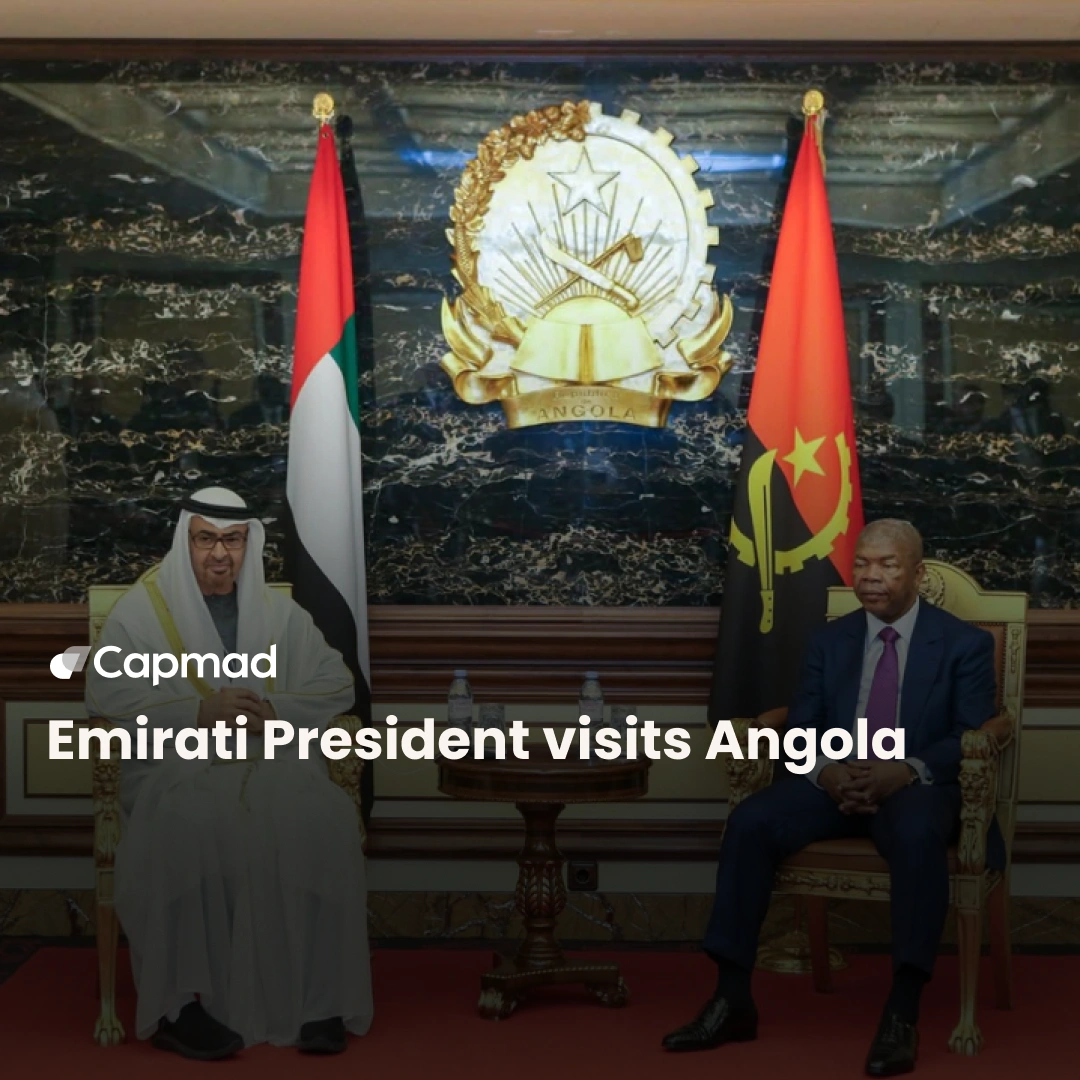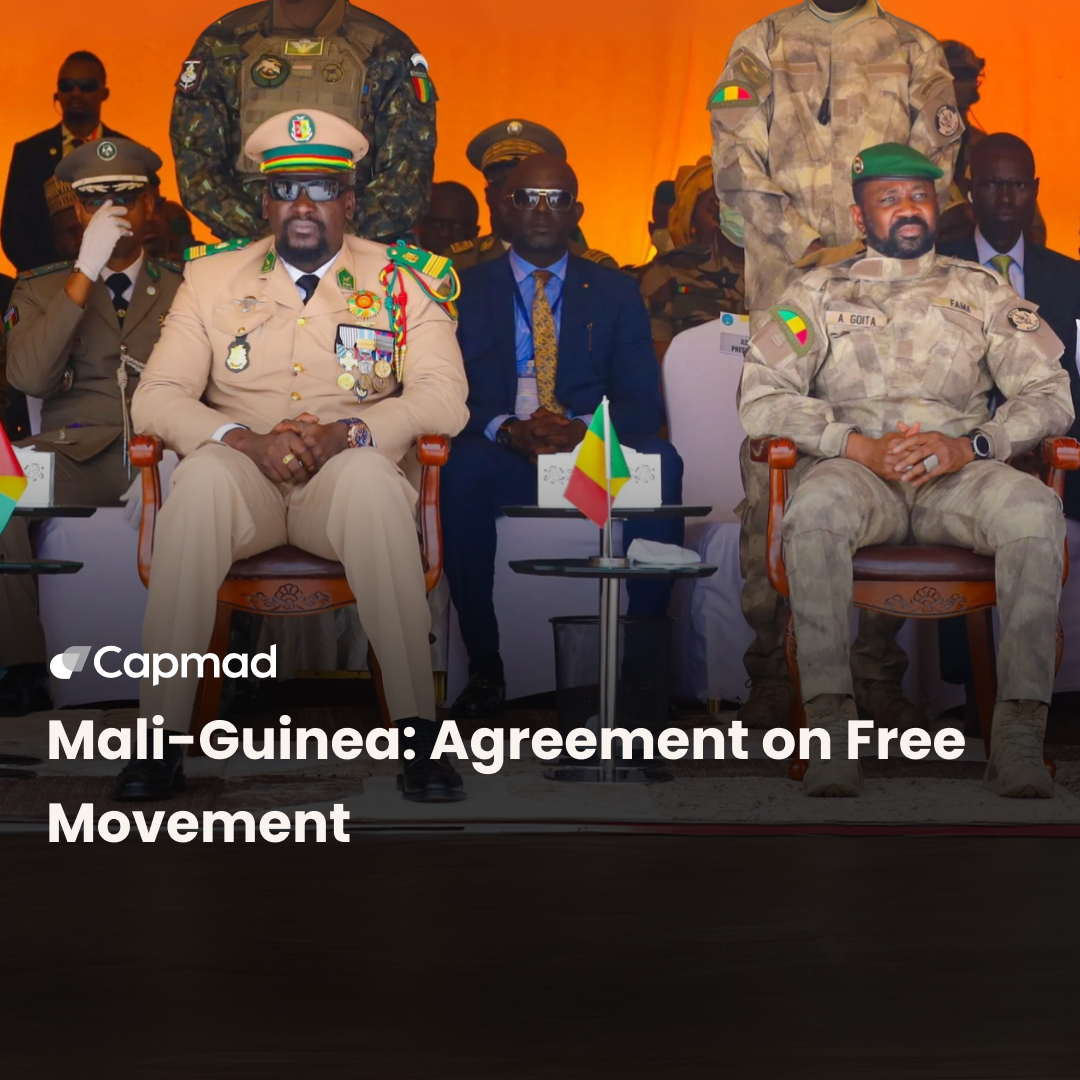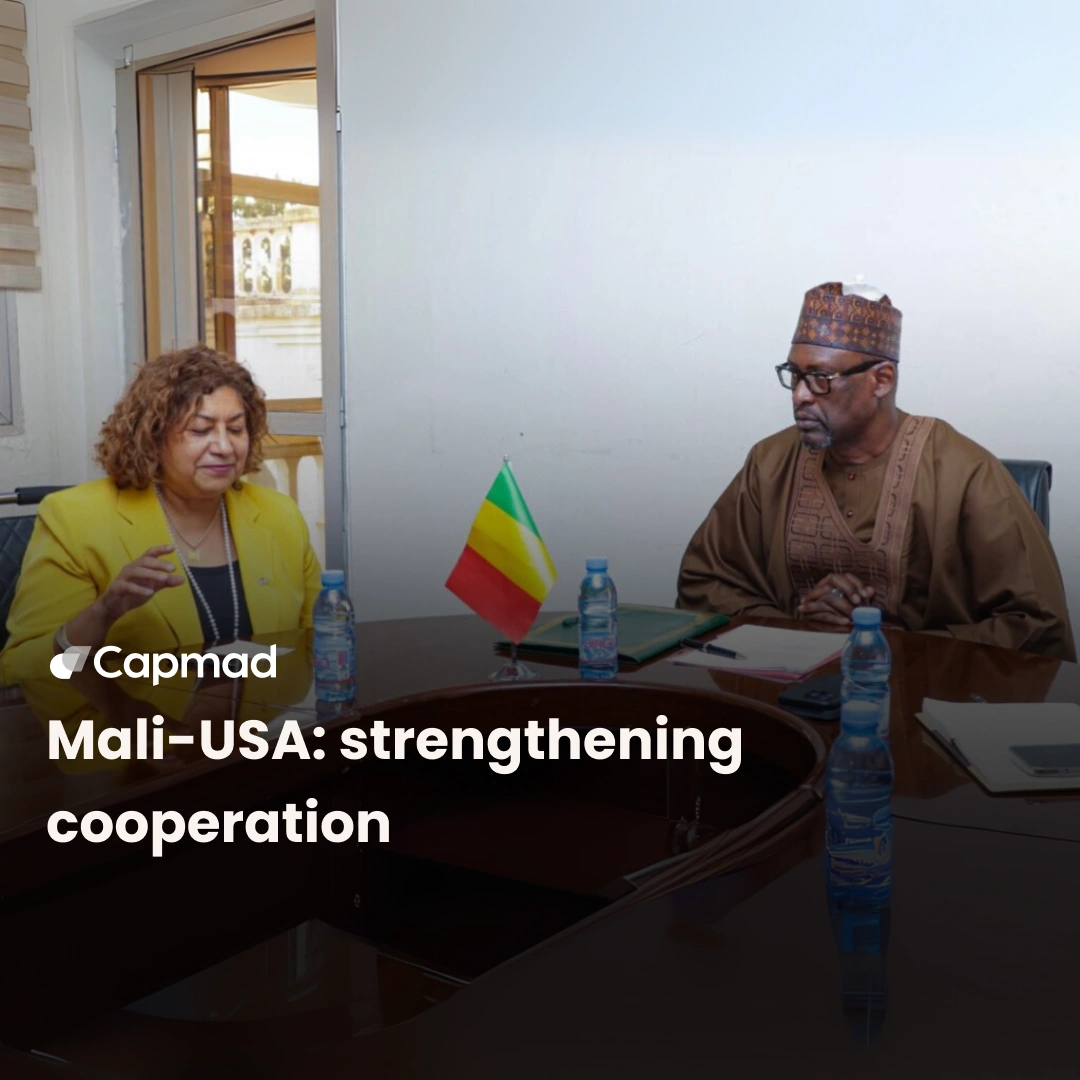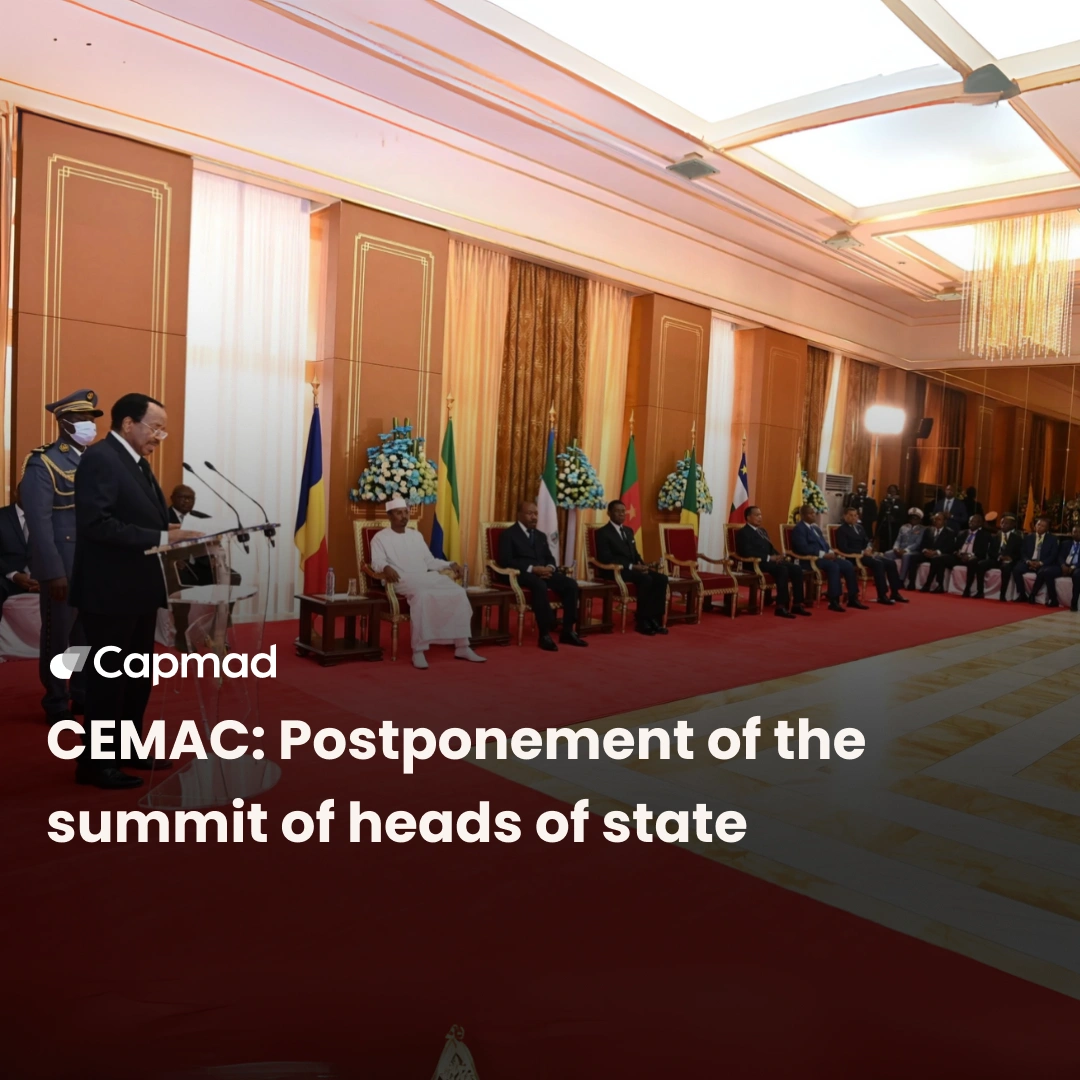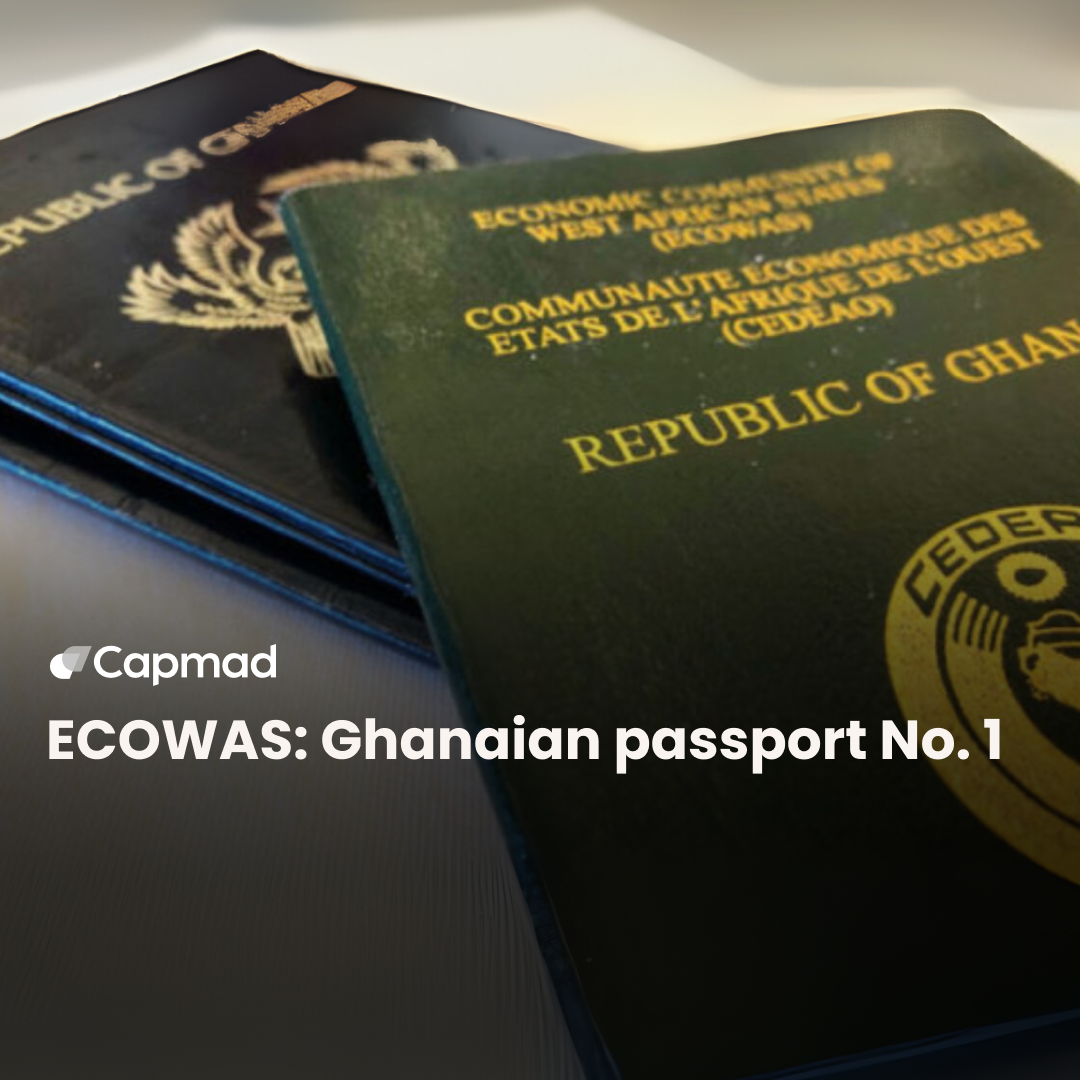From July 9 to 11, 2025, Washington is hosting an unprecedented mini-summit between U.S. President Donald Trump and five African heads of state, marking an important milestone in relations between the United States and the African continent.
A Symbolic Summit After a Period of Distance
This summit is Donald Trump’s first major African initiative since his return to the White House in January 2025. Unlike his first term (2017–2021), during which Africa was largely neglected, this meeting signals a change of course, even though Africa still remains marginal in the overall American strategy.
Participants and Summit Issues
The invited African leaders are the presidents of Gabon, Guinea-Bissau, Liberia, Mauritania, and Senegal, with Bassirou Diomaye Faye representing the latter. Discussions will mainly focus on economic opportunities, particularly in the strategic mineral sector in West Africa, as well as on regional security issues.
Diplomatic and Budgetary Context
This summit takes place against the backdrop of a drastic reduction in the U.S. State Department’s budget, which is expected to be nearly halved between 2025 and 2026, leading to the closure of several embassies in Africa, notably in South Sudan, Eritrea, Lesotho, the Central African Republic, Congo, and Gambia. This budgetary policy contrasts with the ambitions expressed at the summit.
African Reactions and Perspectives
At the recent U.S.-Africa Business Forum in Luanda, several African leaders voiced their dissatisfaction with American policies, especially migration restrictions and punitive tariffs imposed by Washington. This mini-summit could be an opportunity for Trump to readjust his Africa policy and strengthen so-called “win-win” partnerships by prioritizing private investments.
Toward a Larger Summit in September
A broader U.S.-Africa summit is already being prepared for September 2025 in New York, indicating an American desire to revive relations with the continent on multiple fronts.
This mini-summit in Washington thus fits into a complex dynamic, balancing a desire for reengagement with budgetary constraints, in a geopolitical context marked by increased competition from China and Russia in Africa. It could represent a key moment for redefining U.S.-Africa relations in the years to come.


